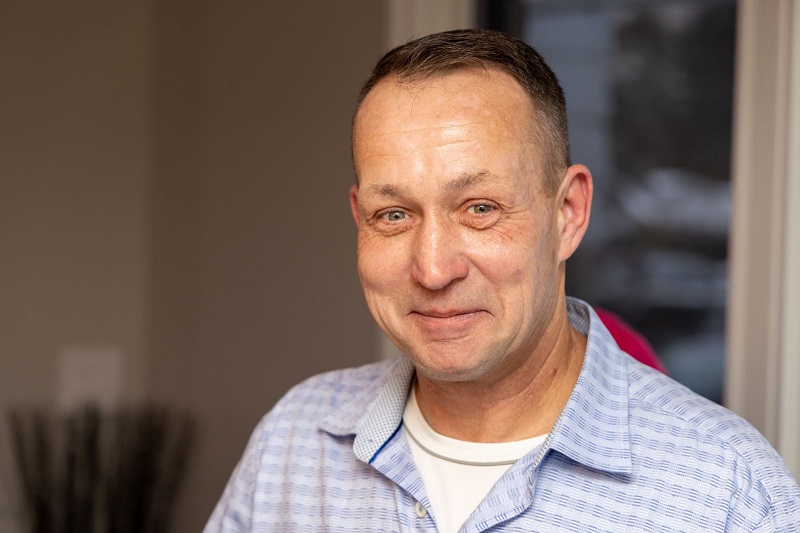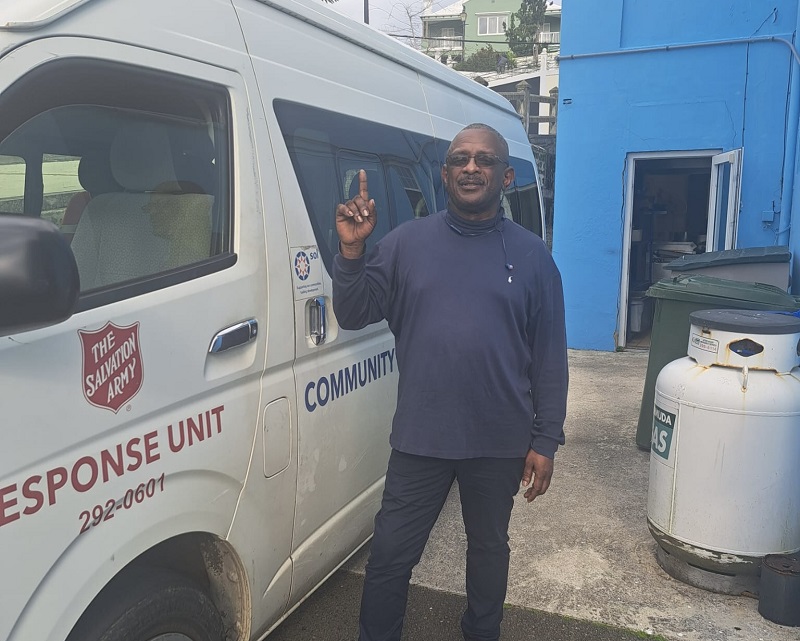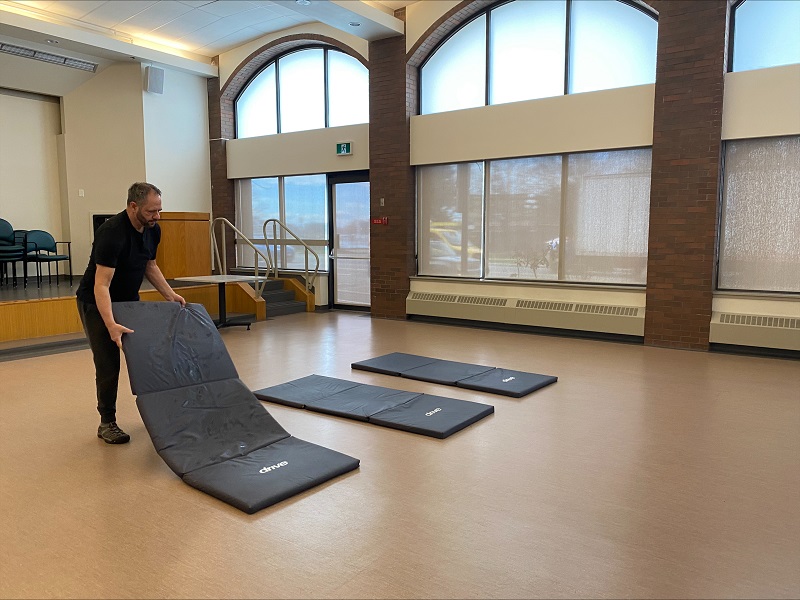For Better or For Worse

When Agata Wroblewski married more than 20 years ago she expected to stay with her husband for life. But things turned out differently. In early 2008 he dropped a bombshell that left her homeless, penniless and fighting for her life.
Originally from Poland, Agata, her husband and six-year-old daughter, immigrated to London, Ontario, in 1993. They settled in quickly. “My husband taught engineering at the University of Western Ontario and I studied at Fanshawe College to become certified in interior design,” says the 45-year-old. “We were a normal, hard-working, Christian/Catholic family.”
After several years at the university, Agata’s husband secured employment in the automotive industry. When he was offered a high-profile career opportunity as Chief of European engineering, along with a significant salary increase and great opportunities for the future, Agata resigned from her interior decorating job, rented out their home and moved the family, including their dog, to England.
Three years in England flashed by as the Wroblewski’s built memories, shared experiences and dreamt of their future. Then one day, in an instant, Agata’s world as she knew it, collapsed.
“Our marriage is done and, to me, you don’t exist,” her husband announced. “I’m having an affair and am in love with our best friend’s daughter.”
Devastated and in a state of ruin, Agata chose to return to Canada where she had her home and had taken up citizenship. She left her dog behind with her daughter who remained in England to work and study.
Agata’s husband refused to provide any financial assistance and her lawyer’s repeated attempts to receive aid from his company were ignored. Agata’s former employer offered to pay for her plane fare as she was virtually penniless.
Meanwhile, Agata was weak and tired. She attributed her feelings to being defeated and embittered over the life she had lost. When excessive sweating and hand tremors appeared she sought out medical attention. The diagnoses of a hyperactive thyroid, a result of immense stress, would later develop into a life-threatening disease.
“Then, because my social status changed (a failed marriage), my friends abandoned me,” continues Agata. “I was sick and alone in my fight for financial support and access to my home back in London.”
Agata often read about The Salvation Army and their services in the London news so she wrote to the Army’s Centre of Hope explaining her need for temporary shelter. The centre’s director responded to say they had a bed for her.
In March 2009 Agata arrived at Toronto’s Pearson International Airport with a suitcase full of court documents, one pair of shoes, a pair of jeans, and $81. “That money paid for the bus from the airport to London where I went directly to The Salvation Army,” says Agata. “There was no question they were there to help.”
Agata continuously fought for financial support and a court order to gain access to her home. By law she was not allowed to enter her home without her husband’s approval, and he refused to give it to her.
Then, to add to her already desperate situation, she was diagnosed with thyroid cancer. Radiation treatments resulted in nausea, vomiting and fatigue. She was unable to work. When OHIP didn’t cover medications, The Salvation Army helped with the cost.
When Agata learned her husband, girlfriend and their new child came to Canada shortly before she did, her lawyers appeared at his office demanding financial aid and permission for her to enter the house. Within days her husband quit his job, closed all his accounts and fled Canada.
Soon after, a court order was made and, after 162 days at The Salvation Army shelter, Agata moved home. She had $60 in her pocket. The Army provided her with blankets, pillows, dishes, food, some furniture—everything to start over. The Army’s ongoing support restored her faith in life and humanity.
Since then Agata has completed radiation, reunited with her daughter who now lives with her and their dog, and found employment. She is also a motivational speaker and volunteers at the Centre.
“When you fall into poverty everything looks different,” says Agata. “Through the Army’s compassion and practical assistance I have a new-found joy, self-worth and confidence in myself. Life is finally getting back to normal.”



